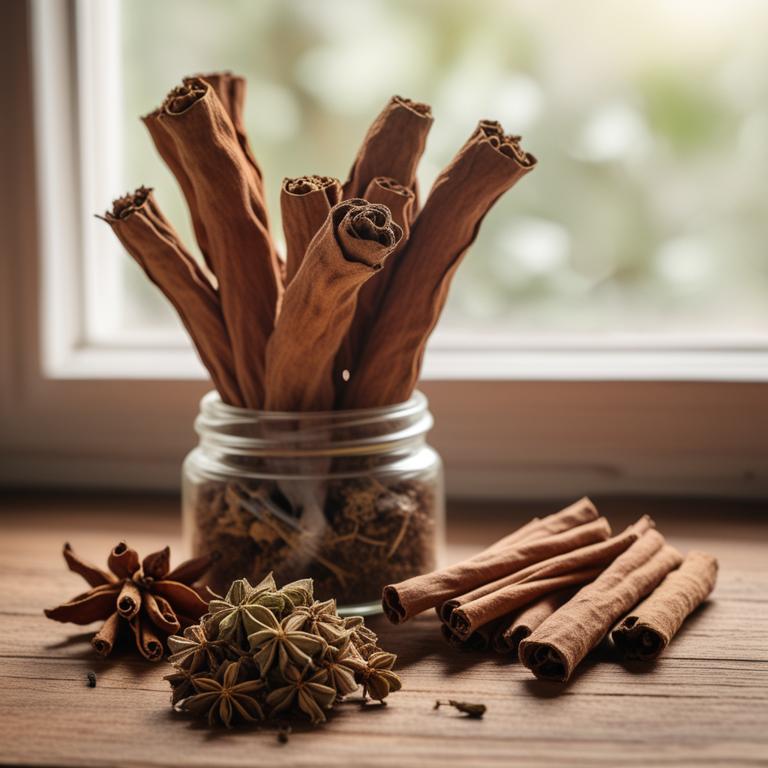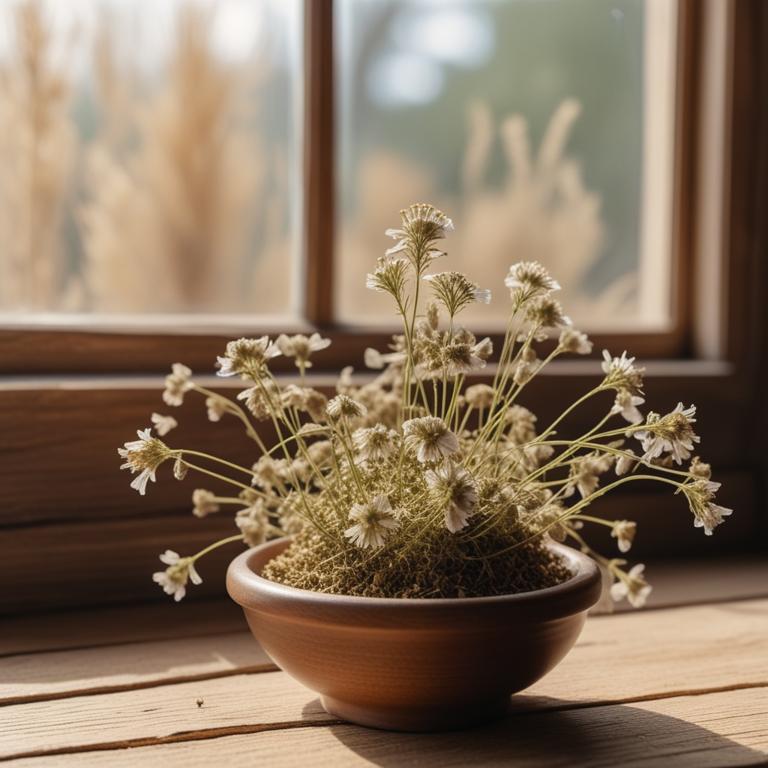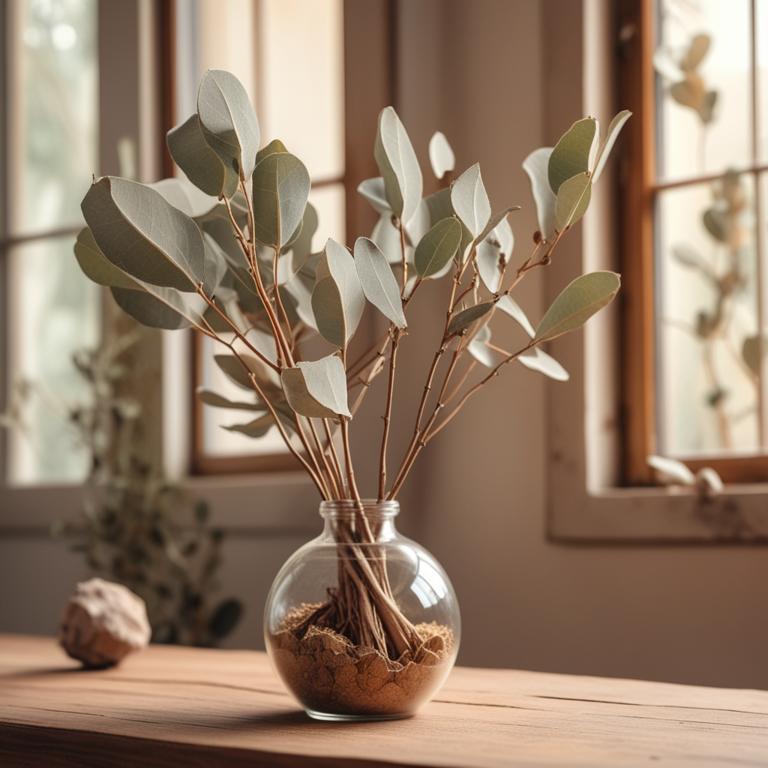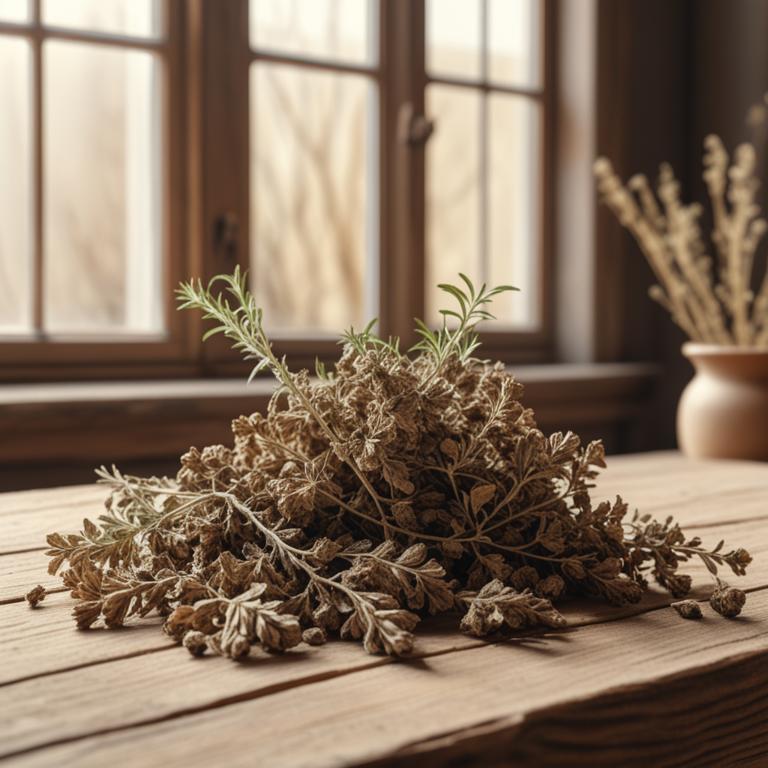Updated: Dec 1, 2024
Allergies: Exploring Causes and Natural Remedies with Medicinal Herbs
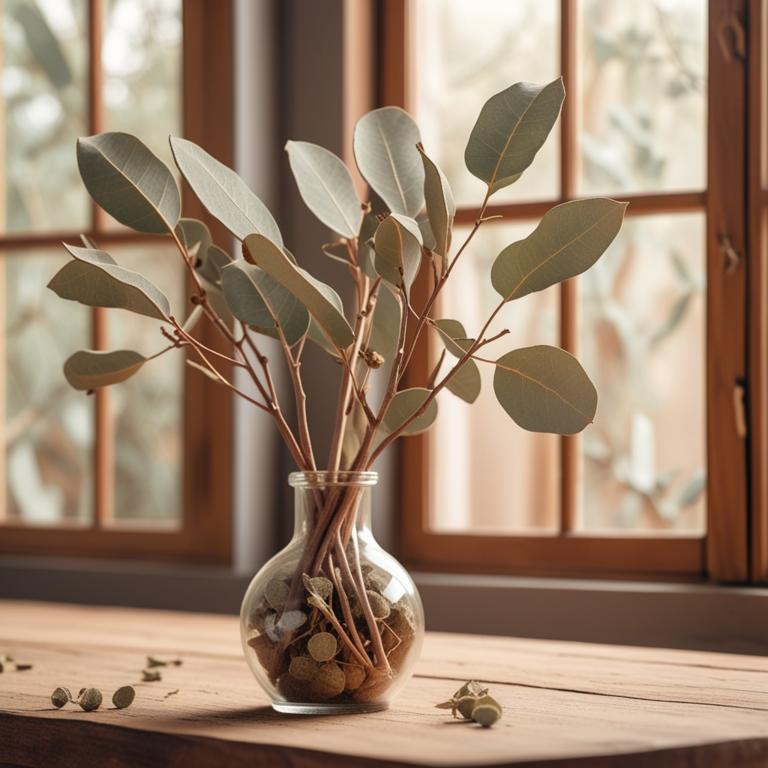
Allergies are when your body thinks something is bad and reacts to it, like pollen from trees or dust in the air.
This reaction can cause symptoms like sneezing, itching, and congestion, making it hard to breathe and feel well. Allergies can be a big problem for people who have them, especially during certain times of the year when pollen is in the air. The causes of allergies are not always clear, but they often involve a mix of genetics and environmental factors. Some people may be more sensitive to certain substances, while others may have been exposed to allergens at a young age. Whatever the reason, allergies can be a real challenge for those who deal with them.
Fortunately, there are some herbal remedies that can help. Herbs like nettle, quercetin, and stinging Nettle leaf are known for their anti-inflammatory properties, which can help reduce swelling and ease symptoms. Nettle leaf is also rich in antioxidants, which can help protect the body from damage. To use these herbs, people can try drinking teas made from them, or taking supplements in capsule or tincture form. Some people also like to make infused oils or salves using the herbs, which can be applied directly to the skin.
These remedies can be a natural way to manage allergy symptoms, and may be especially helpful for people who are looking for an alternative to medications.
Table of Contents
- What causes an individual to have allergies?
- What are the advantages of utilizing herbs for treating allergies?
- What are the main medicinal herbs for the treatment of allergies?
- What are the commonly used herbal preparations for the treatment of allergies?
- Are there any herbs you should steer clear of if you have allergies?
- FAQ
What causes an individual to have allergies?
The main causes of allergies are tiny particles in the air and on surfaces that our bodies react to in an unusual way.
Dust Mites, for example, are tiny bugs that live in bedding, carpets, and upholstered furniture. Their waste and body parts get into the air we breathe, and some people's immune systems overreact, triggering allergic reactions. Pollen from trees, grass, and weeds is another common allergen. It's released into the air when plants bloom and can cause symptoms like sneezing and itchy eyes.
Mold is a type of fungus that grows in damp environments, and its spores can become airborne and trigger allergic reactions in some people. Pet Dander is made up of tiny scales from a pet's skin and hair that get into the air when they shed. It's a common allergen for people who are sensitive to pets. Shellfish, on the other hand, is a food allergen that can cause severe reactions in people who are allergic to it.
When shellfish proteins enter the body through food, the immune system identifies them as foreign and releases chemicals to fight them off, leading to symptoms like hives, swelling, and difficulty breathing.
What are the advantages of utilizing herbs for treating allergies?
Using herbs to help with allergies can be very beneficial.
One of the main advantages is that they can help reduce inflammation and swelling in the nasal passages and eyes, which are common symptoms of allergies. These herbs can also help loosen and clear out mucus, making it easier to breathe.
Additionally, they can have an anti-histamine effect, which means they can help calm down the immune system's overreaction to allergens. This can lead to relief from symptoms like itching, sneezing, and congestion. Some herbs may also have anti-oxidant properties, which can help protect the body from damage caused by free radicals.
By using herbs, people may be able to reduce their reliance on medications and experience fewer side effects.
What are the main medicinal herbs for the treatment of allergies?
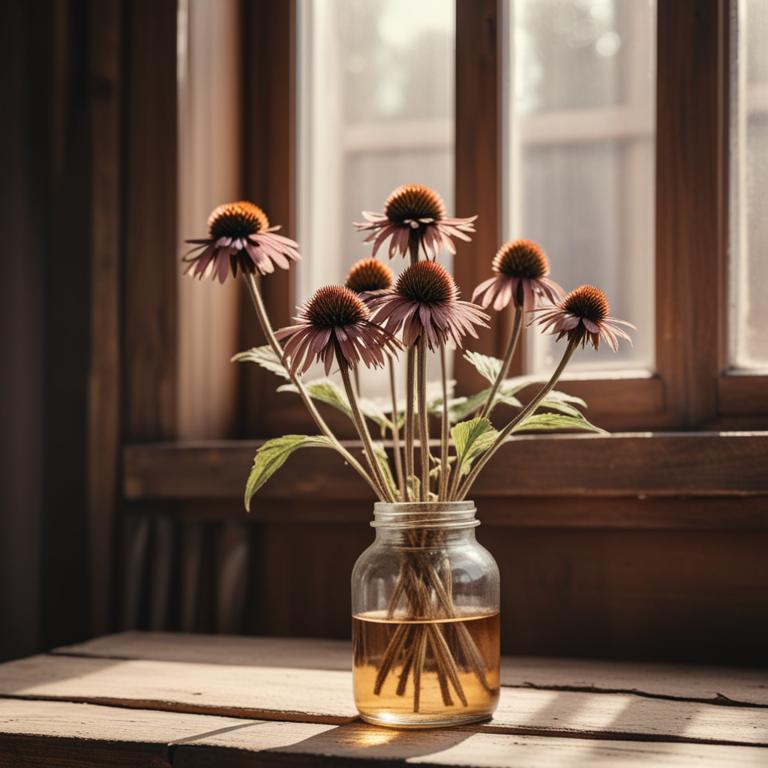
Herbs have been used for centuries to help alleviate allergy symptoms.
One of the most effective herbs for fighting off allergies is Echinacea purpurea. This herb has powerful anti-inflammatory properties that help reduce swelling and itching in the nasal passages and eyes. It also boosts the immune system, making it easier for the body to fight off allergens. Zingiber officinale, or ginger, is another popular herb for allergy relief. Ginger has natural anti-inflammatory compounds that help reduce congestion and coughs. It also has antihistamine properties that help alleviate itching and redness. Many people use ginger tea or supplements to ease their allergy symptoms. Quercus robur, or English oak, is a type of tree that produces a powerful herb called oak bark.
Oak bark has been used for centuries to treat respiratory issues, including allergies. It contains compounds that help reduce inflammation and congestion, making it easier to breathe. Many people use oak bark as a natural remedy for asthma and other respiratory conditions. Nasturtium officinale, or garden cress, is a type of herb that has natural anti-inflammatory properties. It contains compounds that help reduce swelling and itching in the nasal passages and eyes. Many people use garden cress as a natural remedy for itchy eyes and runny noses. Curcuma longa, or turmeric, is a popular herb that has been used for centuries to treat allergies. Turmeric contains a powerful compound called curcumin that has natural anti-inflammatory properties. It helps reduce congestion and coughs, and also has antihistamine properties that help alleviate itching and redness.
Many people use turmeric tea or supplements to ease their allergy symptoms.
What are the commonly used herbal preparations for the treatment of allergies?
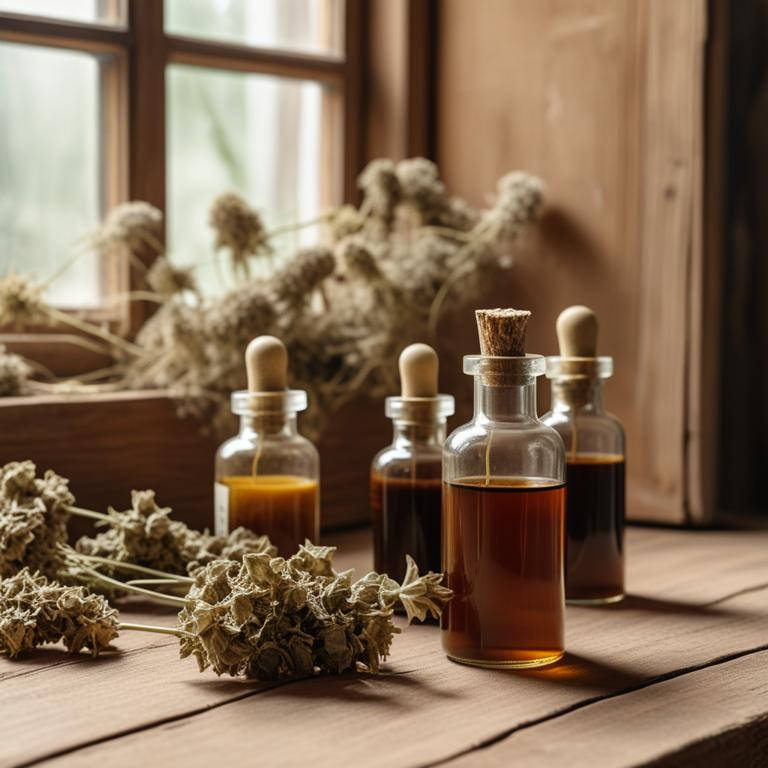
Herbal preparations can be a natural and effective way to alleviate allergy symptoms.
A capsule is a great option because it's easy to take on-the-go. It's usually made with dried herbs, which are packed into a gelatin or vegetable-based capsule, allowing for a precise dose of the herb. This form is great for people who prefer the convenience of a pill. An infusion is another popular choice. It's essentially a tea made by steeping fresh or dried herbs in hot water. This form is excellent for soothing respiratory issues, like congestion and coughs. The gentle steam from the hot water helps to open up airways and ease breathing. A decoction is similar to an infusion, but it's made with harder herbs like roots or bark.
These harder parts need to be simmered for a longer time to release their properties. Decoctions are great for treating more stubborn allergies, like skin issues or sinus problems. Tinctures are concentrated liquid extracts made from herbs. They're usually taken in small doses, often added to water or food. Tinctures are excellent for people who have trouble swallowing pills or capsules. They're also great for those who need a quick dose of an herb's properties. A salve is a topical cream or ointment made from herbs. It's applied directly to the skin to soothe and calm allergic reactions, like itching or redness. Salves are great for treating skin issues, like eczema or hives.
They're also easy to use and can be applied as needed.
Additional Resources:
Are there any herbs you should steer clear of if you have allergies?
If you have allergies, you should be careful with certain herbs.
Rhus toxicodendron, also known as poison ivy or poison oak, contains an oil that can cause severe skin irritation and allergic reactions in many people. This oil can get into the air when the leaves are burned or damaged, making it even more likely to trigger an allergic response. Artemisia absinthium, or wormwood, contains a compound that can cause allergic reactions in some people. This herb has been used for centuries, but it's not suitable for everyone, especially those with sensitive skin or a history of allergies. Capsicum annuum, the common pepper plant, contains a chemical that can irritate the skin and cause allergic reactions.
While many people can handle a little heat from peppers, others may experience more severe symptoms. Sambucus nigra, or black elderberry, is a common herb used in teas and remedies. However, some people may be allergic to the pollen or sap of this plant, which can cause symptoms like hives, itching, or difficulty breathing. Ammi majus, or bishop's weed, is another herb that can cause allergic reactions in some people. This plant contains a chemical that can trigger an allergic response, especially in those with sensitive skin or a history of allergies. When using herbs, it's essential to be aware of your body's reactions and to take necessary precautions.
If you're unsure about an herb, it's best to consult with a healthcare professional or an experienced herbalist before using it.
FAQ
Are there any specific herbs that can prevent allergies?
Some herbs like nettle and butterbur have been studied for their potential to prevent allergies.
Nettle may help reduce inflammation and improve symptoms, while butterbur may block the release of chemicals that trigger allergic reactions.
These herbs may be useful for people who want to try a natural approach to managing allergies.
Is it safe to use herbal remedies for allergies during pregnancy?
If you're pregnant and have allergies, you might consider using herbal remedies.
However, some herbs can affect your baby's growth or cause problems during delivery. It's best to avoid herbs like angelica, blue cohosh, and pennyroyal, as they can be especially risky.
But other herbs like nettle and quercetin might be safer options.
Are there any herbs that can reduce the frequency of allergies?
Some herbs, like nettle leaf and butterbur, may help reduce allergy symptoms.
They're thought to work by blocking the release of histamine, a chemical that causes allergic reactions.
Research suggests that taking these herbs regularly might decrease the frequency of allergies, but more studies are needed to confirm their effectiveness.
Related Articles
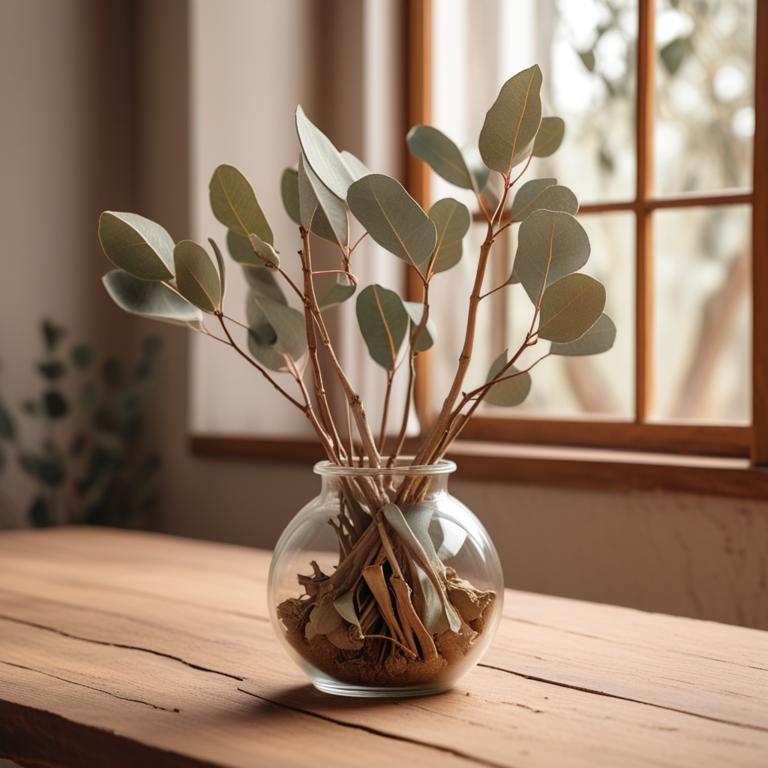
The Flu: A Guide to Causes, Medicinal Herbs, and Herbal Preparations
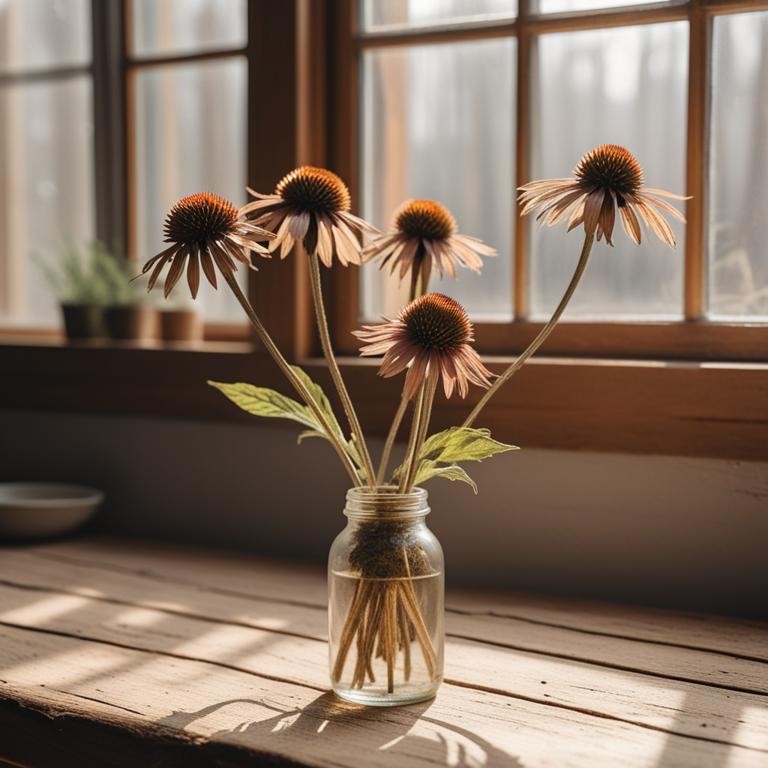
The Role of Medicinal Herbs in Preventing Infection
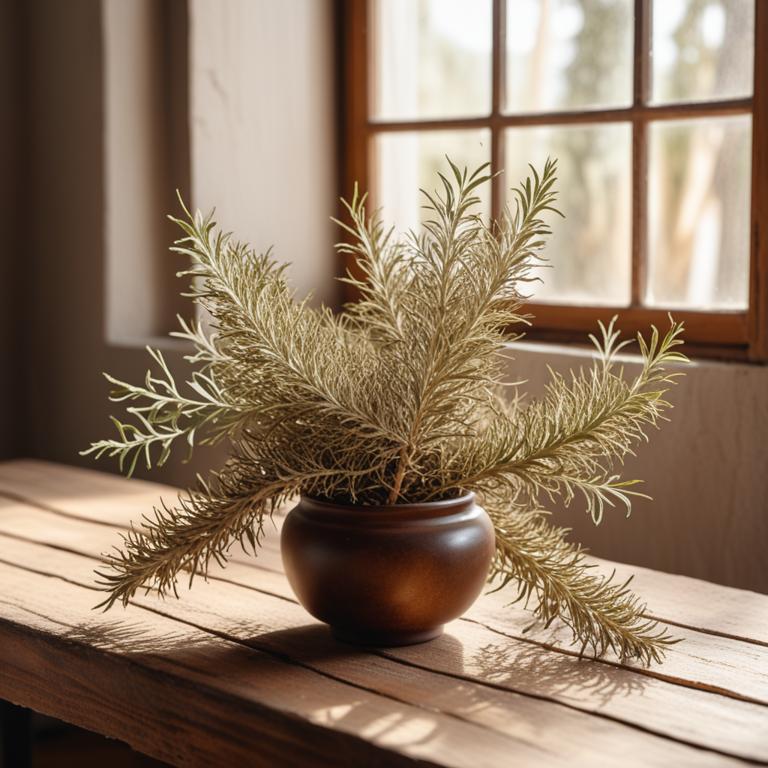
Inflamed Gums: A Guide to Causes, Medicinal Herbs, and Remedies
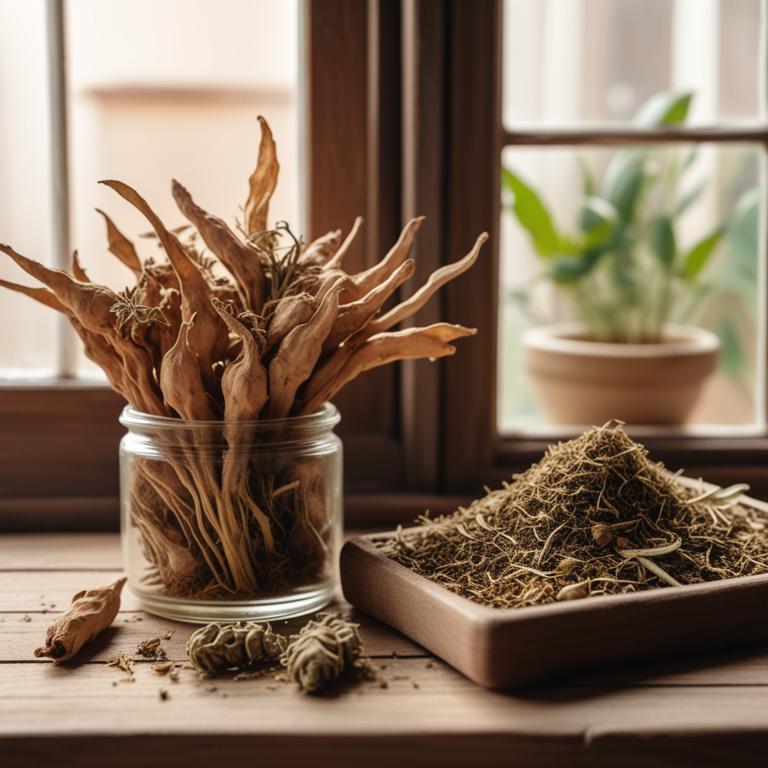
Tonsillitis: Causes, Herbal Remedies, and Homeopathic Preparations
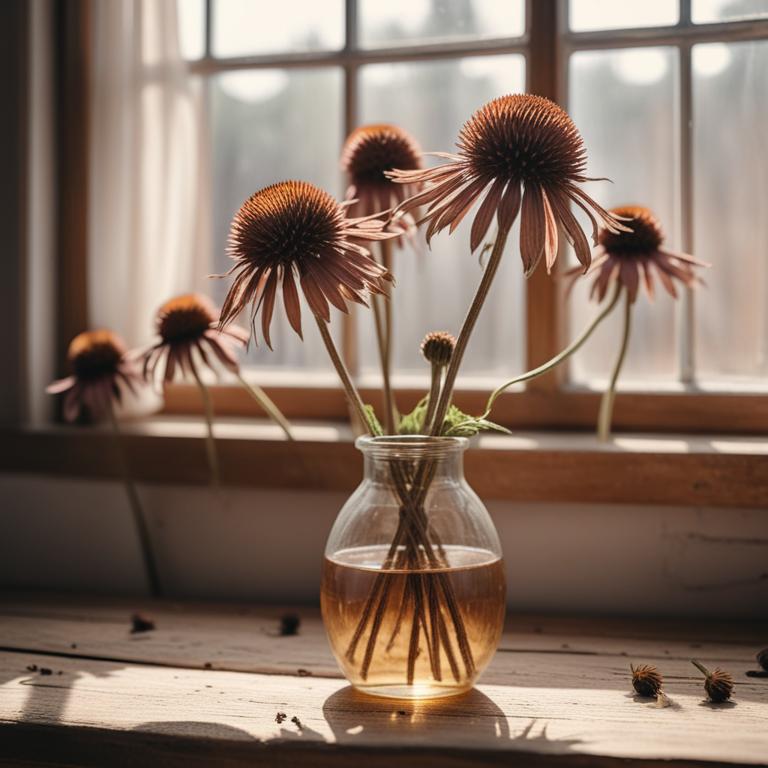
Allergies: Exploring Causes and Natural Remedies with Medicinal Herbs
